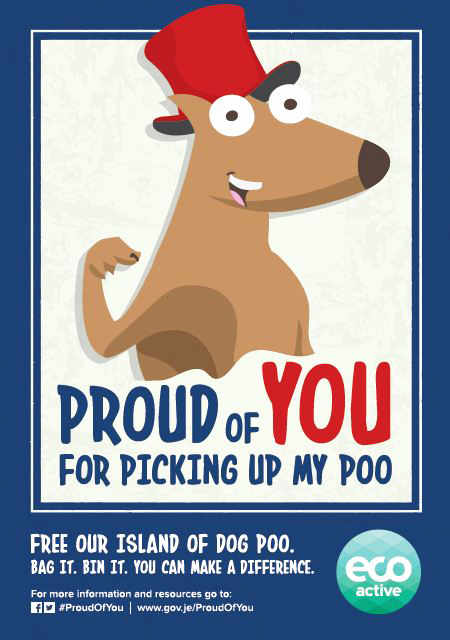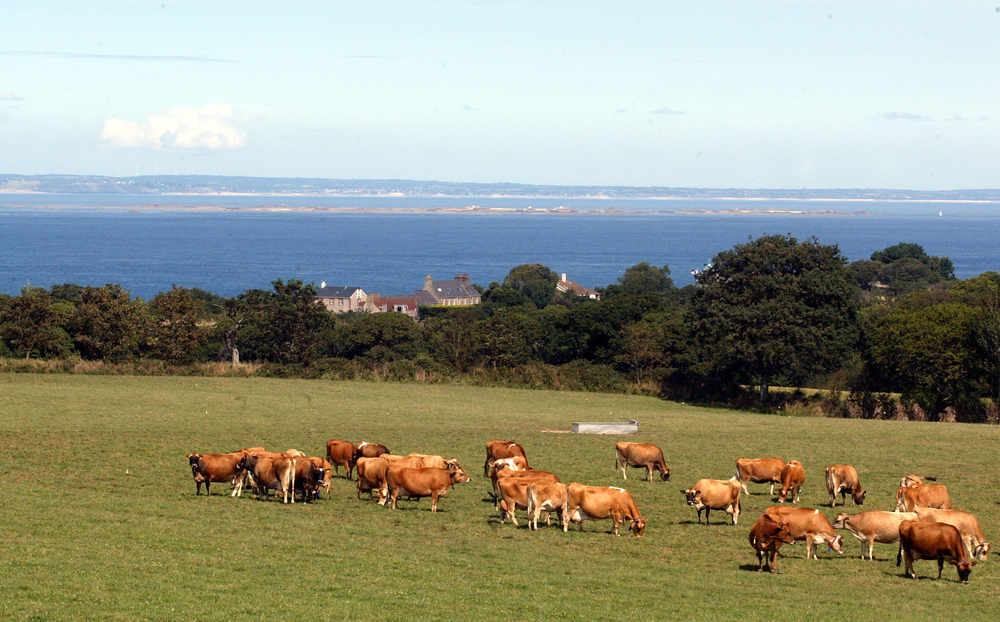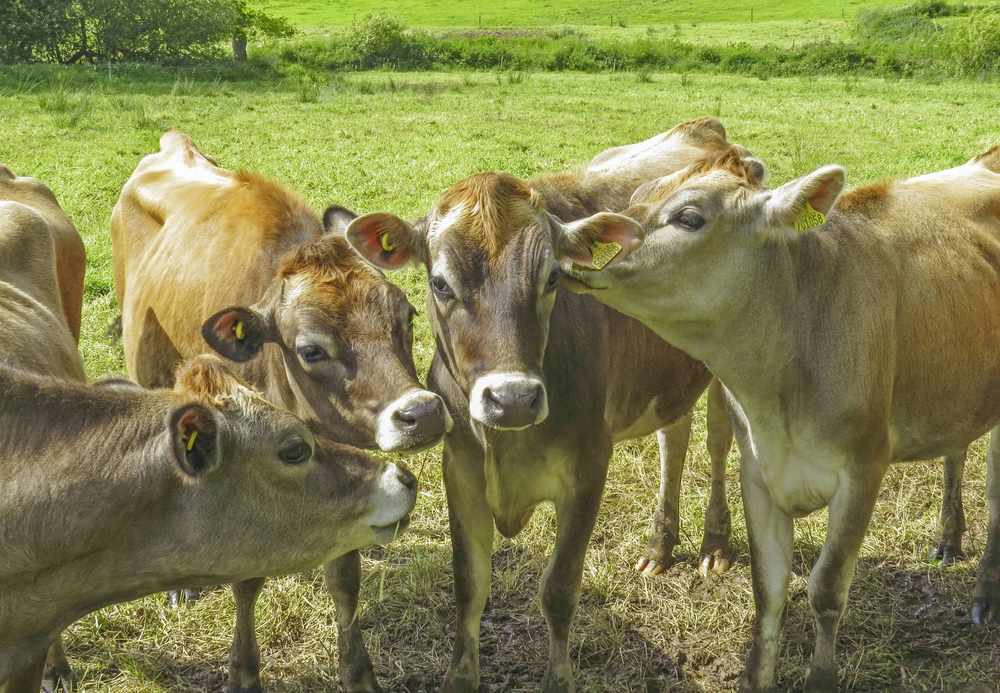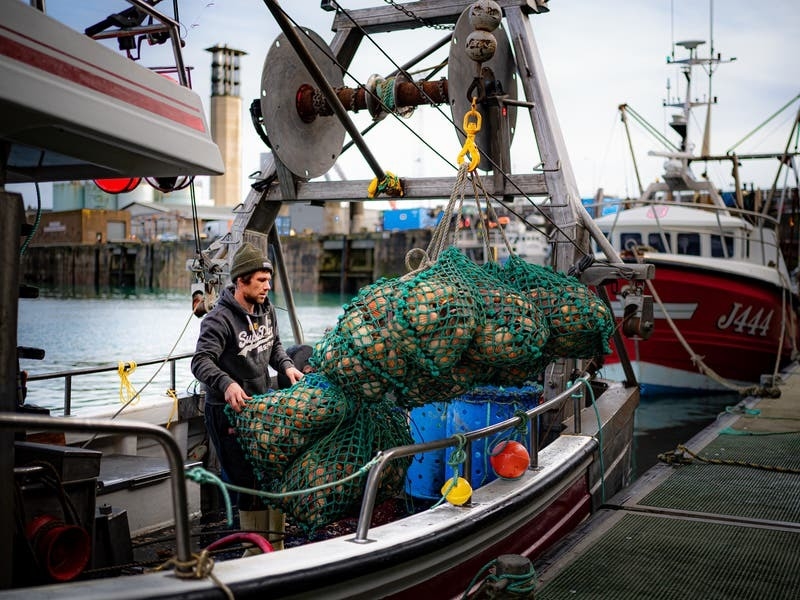Today, the States veterinary officer and the head of the Royal Jersey Agricultural and Horticultural Society are urging dog owners to pick up after their pets to stop the spread of the neospora infection.

Tests are being carried out across the Island to see what the incidence level of the infection is because, unlike with some illnesses, dog owners are not required to notify the States if their pet becomes infected with the disease.
Dogs can become infected with neospora through eating raw meat. And if cows come into contact with the parasite, it can cause them to abort.
States veterinary officer Linda Lowseck said: ‘It can cause abortion and stillbirths in cattle. Cattle become infected by ingesting eggs of the parasite either from food or water. This can happen when the food or water is contaminated by dog faeces when the dog is infected and is shedding the eggs in its faeces.
‘There is no successful treatment at the moment and no vaccination.’
James Godfrey, chief executive of the RJAHS, said that the society was currently carrying out tests as there had been a couple of confirmed cases. He added that the disease was also on the rise in the UK.
‘We are embarking on a programme to test a selection of potentially suspect cattle to see what the level of incidence might be,’ Mr Godfrey said. ‘We don’t know what it is at the moment.
‘Any disease is of concern because the Island herd has one of the highest health statuses in the world. We have put a lot of effort in over a number of years to achieve this status and our real effort is to try to preserve that.
‘It is an important part of the marketing programme, for Jersey Dairy particularly. The health status is something consumers around the world are finding to be important. We don’t want to risk that.’
Mr Godfrey stressed the importance for dog owners to be aware of the disease and to minimise the risk of infection.

The warning comes after the States launched a campaign to encourage dog owners to pick up after their pets. As part of the initiative, the Environment Department is compiling a list of the top ten fouling hotspots and focusing resources to clean up the areas.
‘Whilst not wanting to be alarmist, we want the general public to have an understanding and to behave responsibly while in the countryside. Keep to footpaths and don’t let the dogs wander across pastures.’
John Mather, veterinary surgeon of New Era Veterinary Hospital, said that neospora disease was ‘lurking’ in Jersey.
He said that a test he conducted last month had come back negative.
Mr Mather added that there was not much to be done to eradicate the disease but after falling ill an animal would get lifelong immunity.

Prevention must include:
a) Keeping cattle food and water away from dogs and foxes
b) High hygiene standards at calving. Dispose of placental membranes and aborted or dead calves before dogs can get them
However, transmission from mother to calf (known as vertical transmission) is far more important. Over 90% of calves born to mothers with antibodies to Neospora will have been infected in the womb. The importance of transmission between cattle is less clear. Nevertheless, vertical transmission alone can maintain infection in a herd. To eliminate Neospora you need to:
1) Identify infected cattle and cull them: All cattle with antibodies to Neosporaare sources of infection to their calves. Additionally cattle with antibodies are 20 times more likely to abort between 90 and 270 days of pregnancy than cattle without antibodies. Finally, on average, infected cows produce less milk than antibody negative cows.






